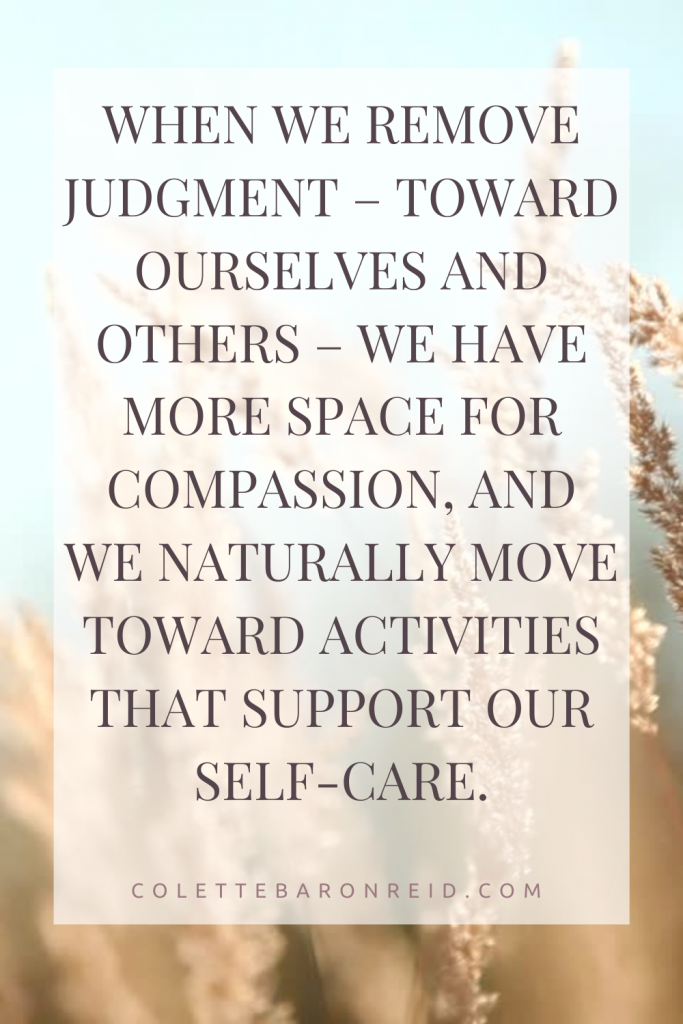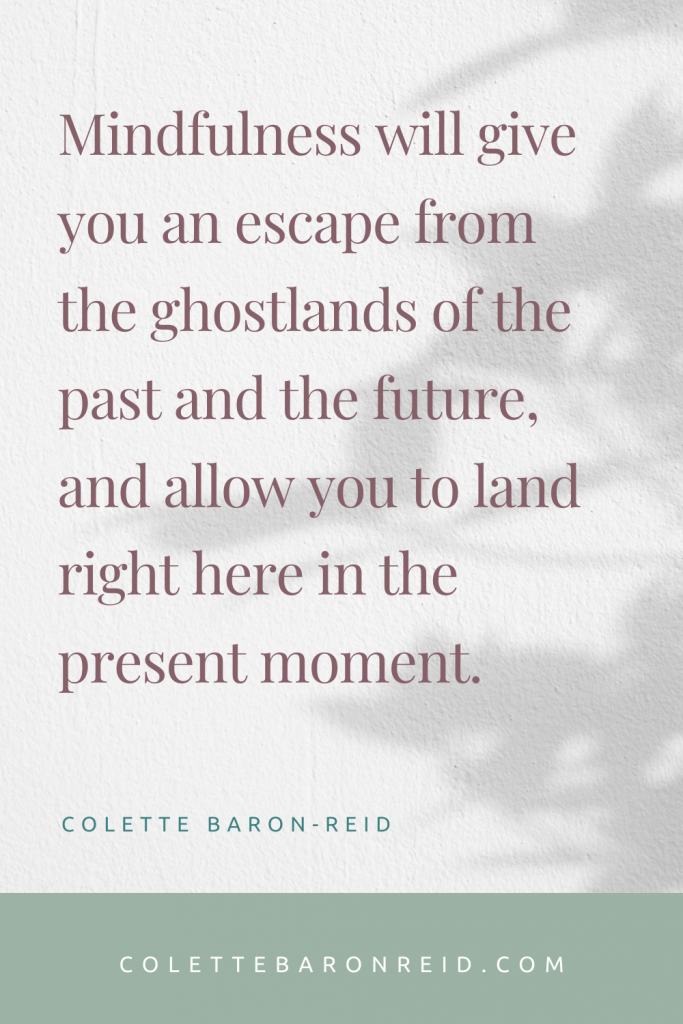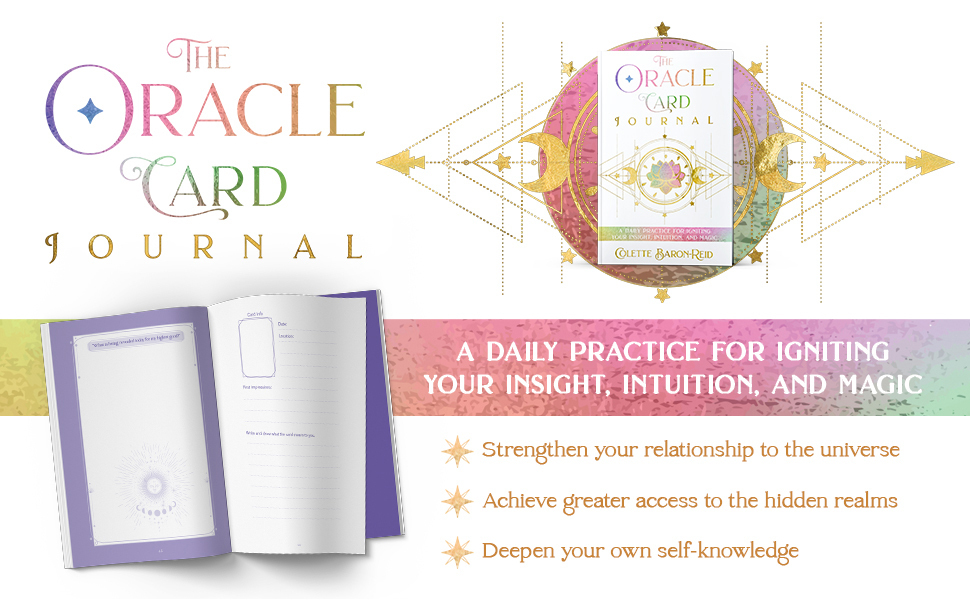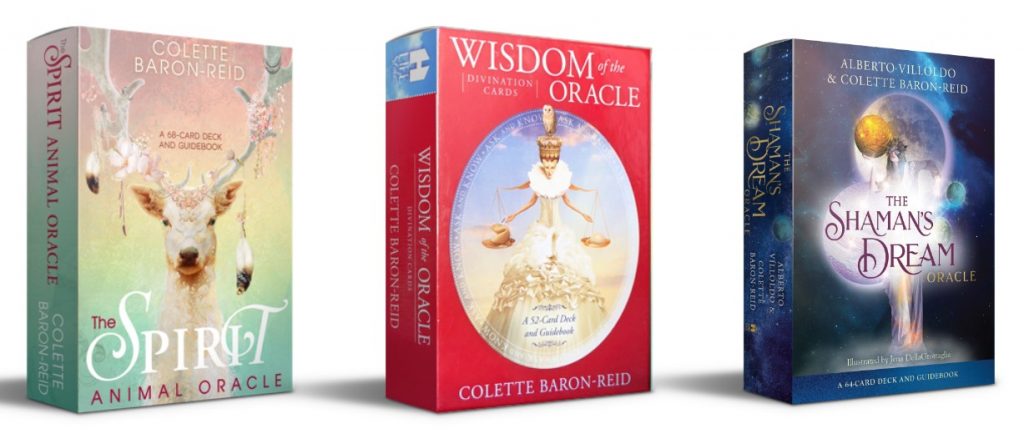How to Practice Mindfulness for Self-Compassion & Self-Care!
Updated: February 28, 2023
Whether it was in a yoga class, a guided meditation, or a personal development book, chances are you’ve heard a lot about the importance of practicing mindfulness.
It’s one of those words we throw around easily… but how often do we really stop to think about what this word means and whether we’re truly practicing it in our daily lives?
What is Mindfulness Practice?
 According to the Oxford Dictionary, mindfulness is: a mental state achieved by focusing one’s awareness on the present moment, while calmly acknowledging and accepting one’s feelings, thoughts, and bodily sensations, used as a therapeutic technique.
According to the Oxford Dictionary, mindfulness is: a mental state achieved by focusing one’s awareness on the present moment, while calmly acknowledging and accepting one’s feelings, thoughts, and bodily sensations, used as a therapeutic technique.
A mindfulness practice at its best gives us a way to practice being in a more emotionally neutral and non-judgmental space. Learning to approach life with this mindset is one of the greatest gifts we can give ourselves.
When we remove judgment – toward ourselves and others – we have more space for compassion, and we naturally move toward activities that support our self-care. The more we practice mindfulness, the more present we become. We stop feeling like we need to be doing something different and instead, find a place of acceptance and calm in the here and now, no matter what’s going on.
When your mental energy stops being taken up by judgements and doubts, you free up so much space to care deeply for yourself. Mindfulness has been part of my spiritual practice for 37 years, and it’s the #1 the thing that helps me keep my sanity, no matter what’s happening in my outer world.
The Science behind Mindfulness and Self-Compassion
Research on mindfulness practices has shown that it can make a massive difference not only to self reported measure like happiness, well-being, stress management, and anxiety levels – but that it also changes our brains! Various studies have shown everything from new neural pathways, to more activity in parts of the brain associated with emotional regulation, and even improved focus.
My personal experience, both with practicing mindfulness in my own life, as well as sharing this tool with others is that mindfulness opens us up to self-compassion. It teaches us to look at our thoughts & emotions through a new lens, and to practice radical acceptance.
This is one of the obvious benefits of mindfulness for mental health. I can’t think of many daily practices that are more beneficial to having improved relationships, stress reduction, and anxiety management than mindfulness.
How to Incorporate Mindfulness and Self-Compassion into Your Daily Routine
The real benefits of mindfulness come through when you begin to make this a part of your regular, daily routine. This can be simple. Try a few of these ideas to implement mindfulness into your life:
1. Make a habit out of slooowwwing down & noticing.
You can start by noticing sensations in your body. Any time you feel upset, stressed, overwhelmed, or even excited, just notice what’s going on for you physically. Then you can begin to observe your thoughts and emotions. Simply acknowledging what you’re feeling or what your mind is telling you. Not feeling the need to change it or do anything differently.
Personally, I do this first thing in the morning when I get up.
I usually just sit on my couch and spend time with my dogs, and as I do, I just watch my thoughts. I don’t let myself attach to them or make a big deal out of them, I simply let them pass me by like watching leaves float down a river. It’s incredible how much this simple practice calms me down and helps me feel grounded and emotionally regulated as I go into my day.
Then, if your mind is still busy, you have to get curious. Ask yourself questions like: How does this feel? Is this true for me? What’s really going on here?
Notice what happens when you allow yourself to step back and observe, rather than identifying with each thought. As you begin to gain some separation from your emotions and your experience, you will feel yourself shift out of judgment and reach a more neutral place. From this place, self-compassion is more easily accessible.
2. Explore Mindfulness Through Meditation!
If you’re the kind of person who likes more structure to implement a new practice, try using my FREE Guided Meditation to Calm the Mind. This guided experience will bring you into the present moment and help quiet your thoughts.
3. Create a Mindfulness Journaling Practice.
Another great way to practice mindfulness is to journal! Journaling gives you a place to “take out the garbage” and put all of the busy thoughts in your mind. Getting them out on paper can help you land back in the present moment.
Journaling can also be an incredible tool for self-discovery and accessing your intuition.
If you’re curious about exploring journaling for mindfulness or self-discovery, check out my Oracle Card Journal, which walks you through a 40 day process of journaling as a daily practice.
The practices in this book will help you find deep self-compassion as you connect with your inner self.
4. Daily Oracle Card Readings
I discovered early on that divination tools were always meant for self-inquiry as well as a way to connect to a Higher Intelligence and that I could use them to self-reflect as a way for me to understand the story I was telling (whether I was conscious of it or not), let it be what it is without judgment, and to let it go.
By pulling a daily Oracle Card, I was better able to focus on the story in motion then rise above it once I was able to name the energy presented in the card. It became a very effective way of self-reflection as the first step to a more detached mindfulness process. This is one of the first things I teach my students in The Oracle School Experience!
Try this exercise to practice mindfulness with Oracle Cards:
-
- Choose one card a day for the next 7 days from your favorite card deck (preferably mine!) and observe what it says.
- Give yourself 10 minutes to allow your mind to observe the story the card is presenting to you, allowing yourself to be invited into an exploration of its possibilities.
- Let it be what it is no matter what story the card reveals. Don’t try to change it, rather allow an image of a river to appear to you and imagine the card and its story floating down and away from you. Just observe the river now and allow all your subsequent thoughts and ideas to flow like leaves until they disappear. Pay attention to your breathing.
- Reflect on how the story revealed in the card supports your highest good.
The Benefits of Mindfulness and Self-Compassion

If you’re new to the concept of mindfulness, you may feel skeptical of how such a simple practice can make such a massive difference. All I can say is, give ita try and notice how you feel! We humans have a tendency to get far too wrapped up in our own minds, and a mindfulness practice can give you freedom from your own mental chatter.
Mindfulness will give you an escape from the ghostlands of the past and the future, and allow you to land right here in the present moment. The benefits of this are nearly impossible to overstate. They include everything from lower levels of stress & anxiety, to increased feelings of happiness and well-being, to improved relationships, and beyond.
No matter what’s going on in your life right now or where you are on your spiritual journey, mindfulness is something you can begin practicing right away. Try doing this at least once a day when you’re doing dishes, on your lunch break, or even driving in your car. Simply sit back and observe your thoughts, notice your sensations, and land right here in the beautiful, present moment.
Do You Have a Mindfulness Practice in Your Daily Life?
How do you incorporate this tool when your life is particularly busy? Leave a comment and share with me. I love reading your comments!







I pull at least one card everyday from one of your decks. Now I am really getting into journaling since I am taking your course. This course has bought me to a whole new place and it is definitely helping me cope with my daily situation. I also meditate each morning before journaling. Thank for all the insight you impart to us.
I’m so glad that you find them helpful, Kathryn! 💖
Hi Collette, Two years ago I lost my daughter Kelly to illness, she was 36 years old, dependent upon me because of special needs. Since my devestating loss, I have been trying to recover, thinking about her passing in a different way; she isn’t lost, she’s only changed, and just a breath away. Most mornings I practice thoughts of gratitude, go outside awhile with my two dogs, then sit quietly with my cup of coffee. After that I exercise by stretching, treadmill etc, while listening to music I enjoy. To finish my morning routine, I listen to one of your guided meditations. My favorite is “Ancient Tree.” All of this has enabled me to focus on my true feelings and understand them better. I am more at peace now by practicing what I believe to be mindfullness. Thank you for all you do, I am a fan of yours! Diane
sending you so much love, Diane!
Hi Colette.
Just wanted you to know that since the Vision Board Challenge, I have been setting aside approx. 45minutes to an hour immediately after I wake up to do Oracle Cards. I have two of your decks plus 3 focused on animals, as I am an Animal Healer and Communicator. I am always amazed at how they often line up with one another and or compliment each other, despite being focused on different things. Although, of course, they are all working with Spirit!
love that! so proud fo you!
Dear Lovely Lady, Firstly I wish to express Sincere Gratitude for your beautiful oracles (which I have many!). Helping me everyday to be where I am, guiding & supporting me along my journey. I have developed a practice where I “pick a card” from your website, Thank you, (from a deck I own & display it next to me all day) and work with the message. Always writing the messages I receive in my special diary. On days where I feel unsettled (because of my circumstances), I have learnt I need to be connected even more to spirit and pick another card. I’m developing a practice now where I say to myself, “form no attachment to anything, thought, feeling or situation”, and focus instead on what I’m doing, like having a cup of tea. Focusing more on “doing” really helps me. Finding when I’m in this place, also choosing to do what I feel like, helps to eventually ground me where I am. xo
sending you a big virtual hug, Artemis!
It’s funny… I’m sitting reading this and my heart is racing. One part of my brain is thinking mindfulness, while the other, and my body, is already tackling the’to do’ list. I’ve become so accustomed to a list that it’s my normal. Reading this reminds me that it is not the normal that I desire nor is it good for my wellbeing. So today I pledge a change. I will make space for being mindful, each day… to draw, breathe and listen to the birds and each week I will journal to a friend as a way of maintaining my pledge. So excited. Thankyou Colette x
love that you’re doing that, Jodie! 💖
The more I think about mindfulness, the more I realize that I’ve been doing it most of my adult life. I’ve always been a thinker, feeler, writer, observer. It just didn’t have a name back in the dinosaur days! Ha! Thx Colette.
love that!
You help me every time I listen to you you are a great advisor
aww! thank you, Ann! sending you so much love!